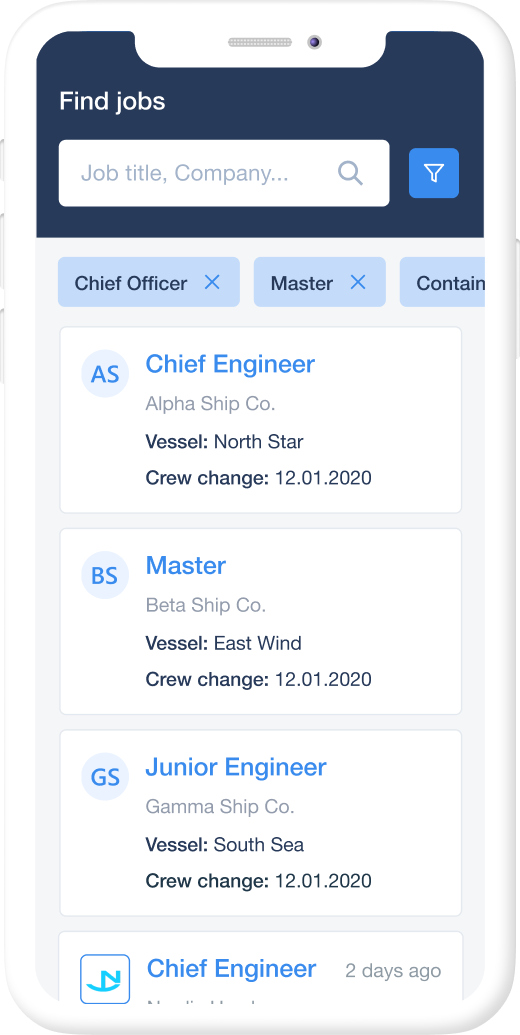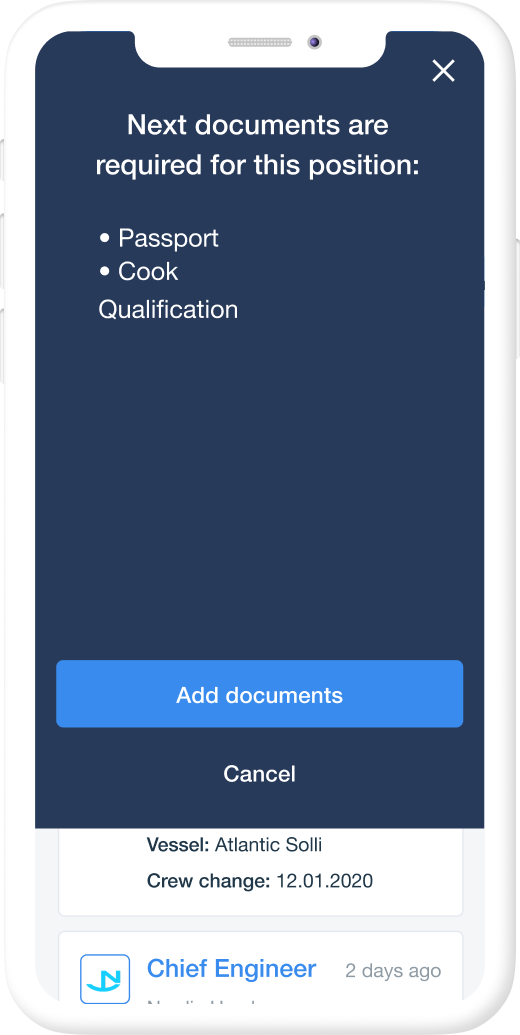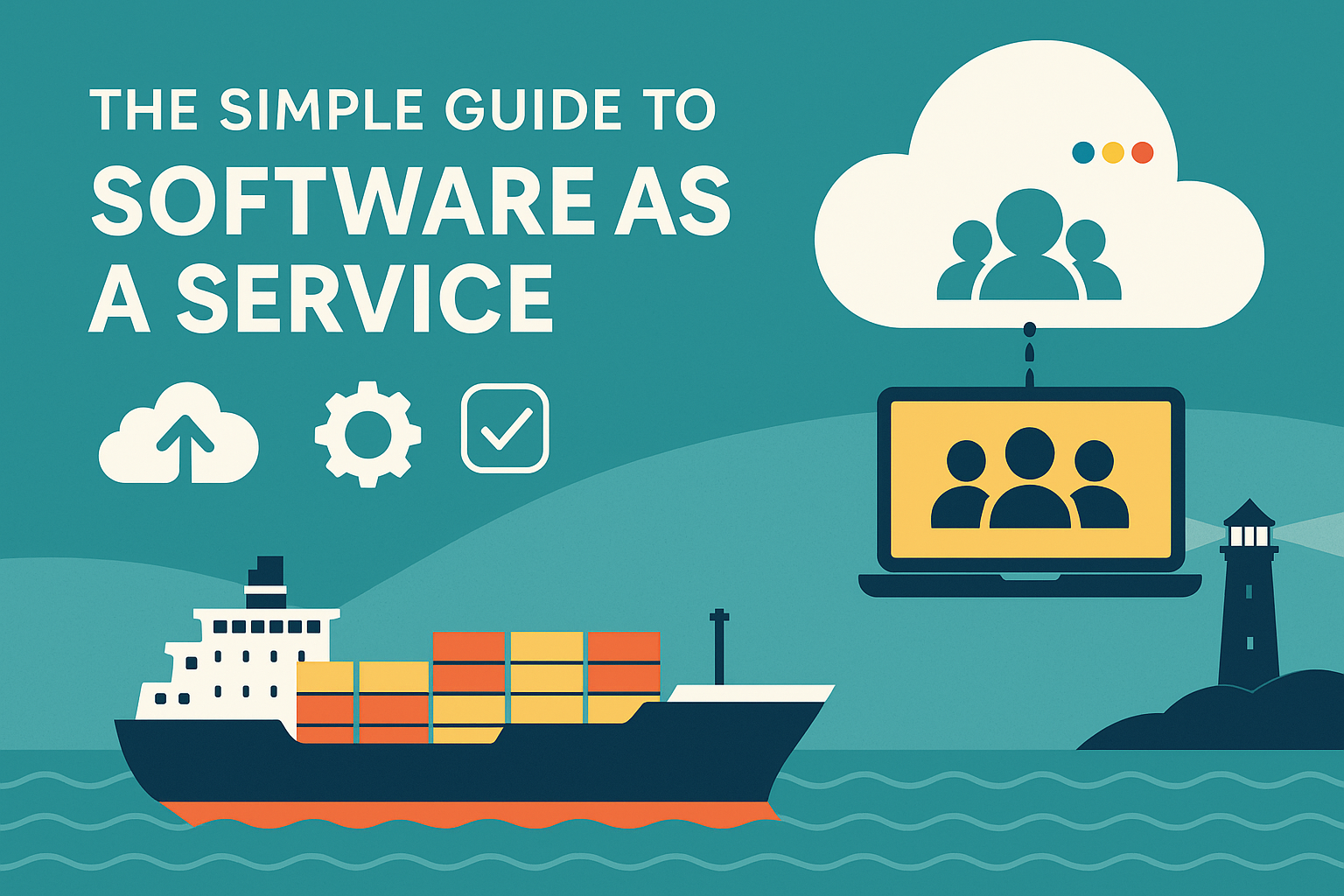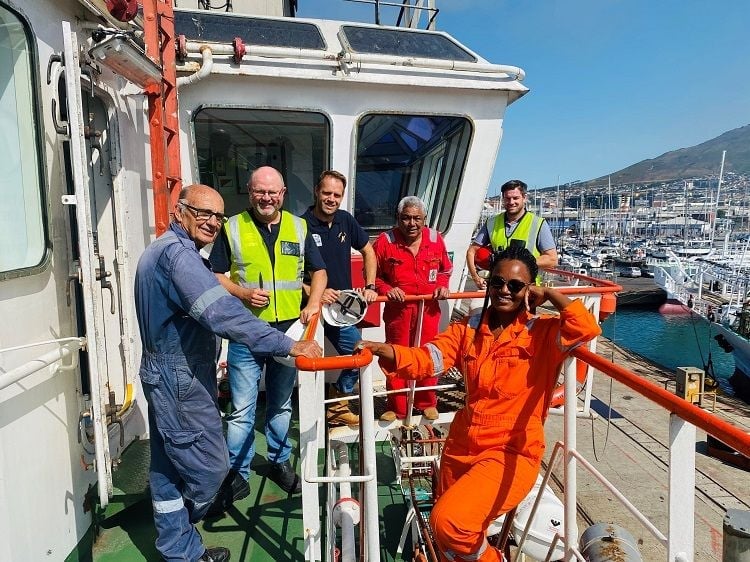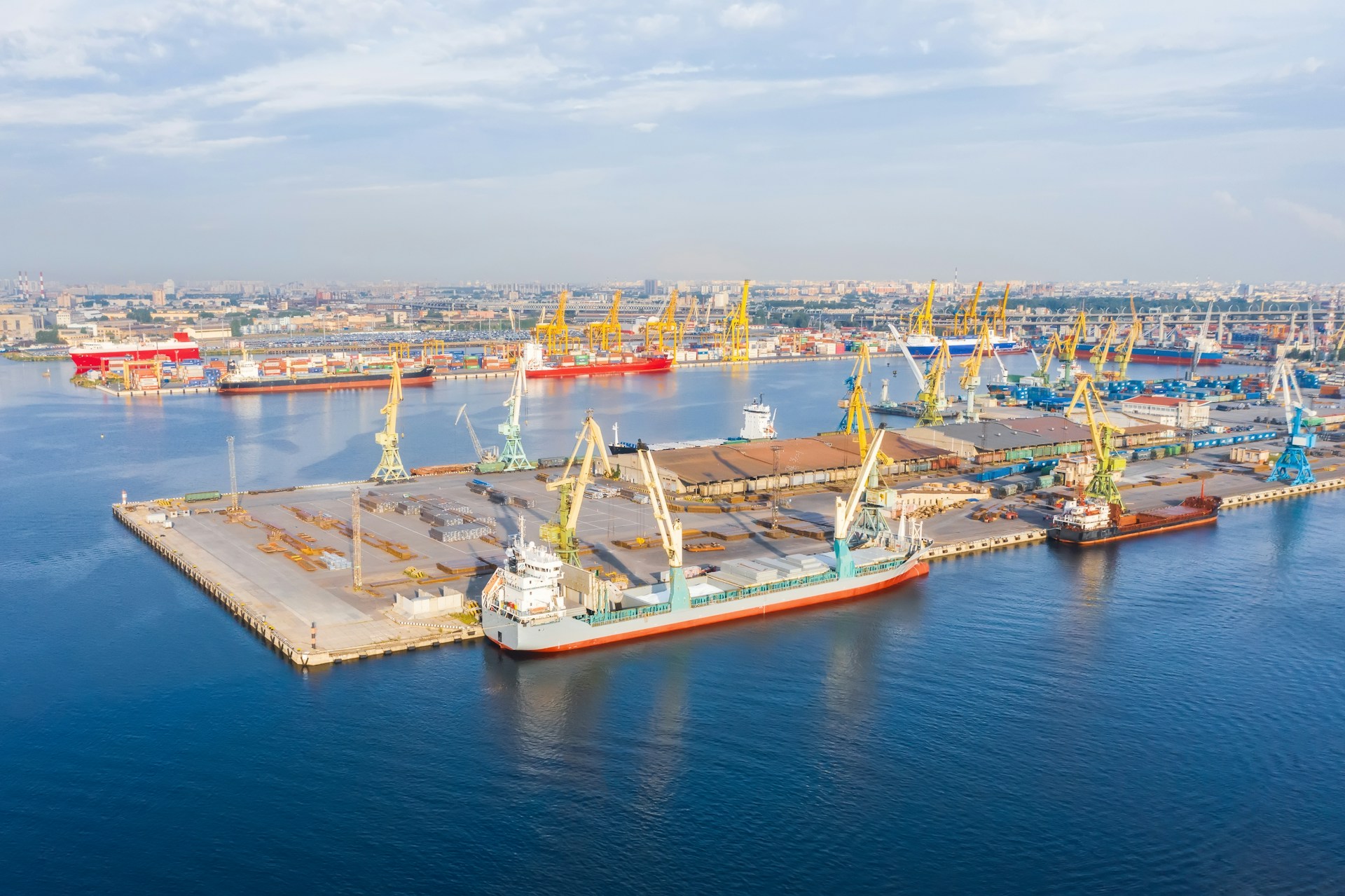COVID-19 & Maritime Recruitment: Lessons Learned

The COVID-19 pandemic brought unprecedented challenges to many industries worldwide, with maritime recruitment and crew planning being one of the most significantly affected areas. As global lockdowns and travel restrictions came into force, the shipping industry had to rapidly adapt to ensure the continuity of operations while safeguarding the health and well-being of seafarers.
Thankfully it is (hopefully) in our rear view mirror now but we thought we’d take a look back at the impact of COVID-19 on maritime recruitment and crew management, the challenges faced, and the valuable lessons learned during this turbulent period.
Challenges faced in maritime recruitment during the pandemic
Crew change crisis
The pandemic-induced travel restrictions led to a global crew change crisis. Ports were closed, flights were canceled, and visa processes were disrupted, making it extremely difficult for seafarers to embark and disembark.
Many seafarers were stranded on ships far beyond their contract periods, leading to exhaustion and mental health issues. Conversely, those waiting to board ships were left jobless and financially strained.
Health and safety concerns
Ensuring the health and safety of seafarers became a top priority. The confined environment of ships posed a high risk for virus transmission, necessitating stringent health protocols. Quarantine requirements, frequent testing, and access to medical facilities became critical concerns that shipping companies had to address.
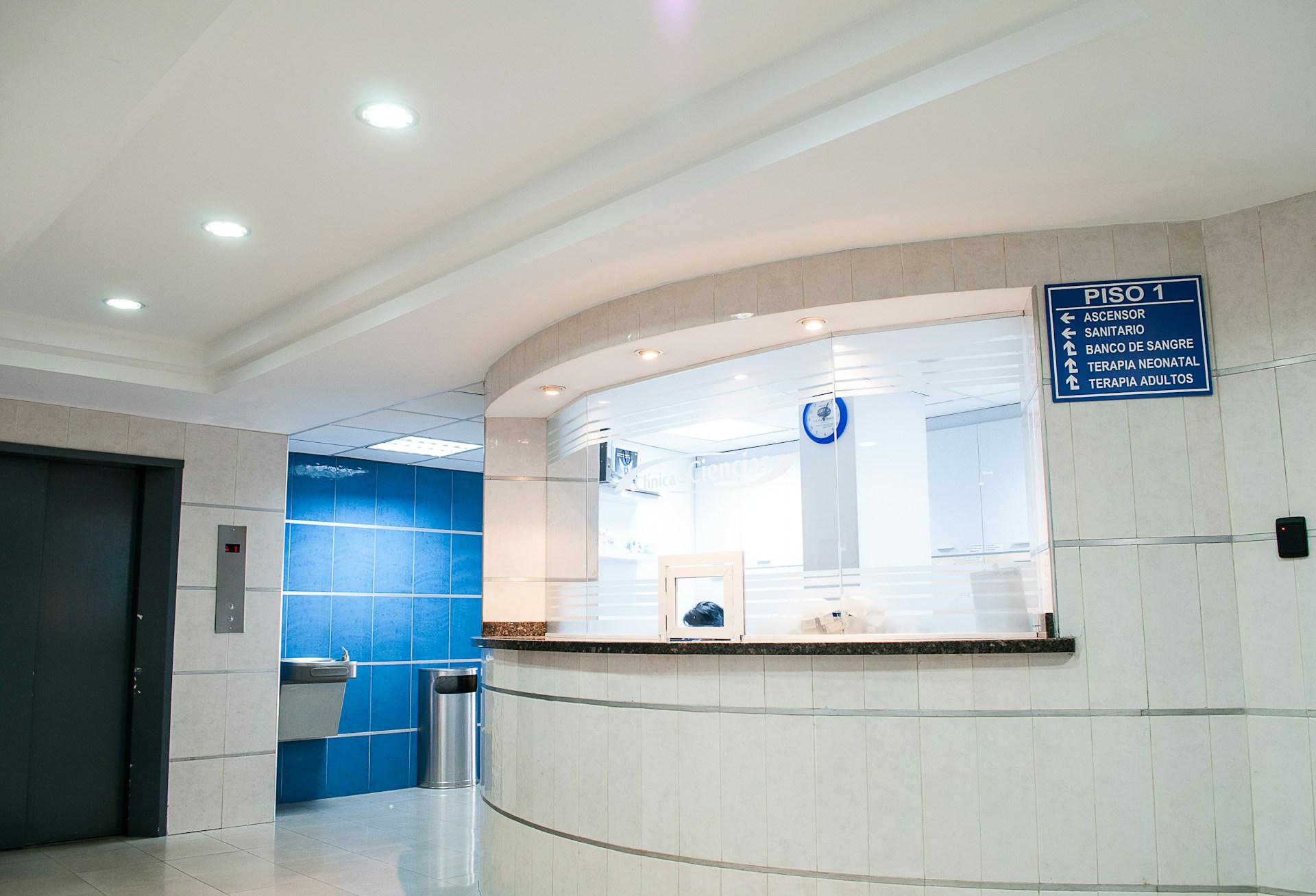
Training and certification delays
The closure of maritime training institutions and the halt of certification processes created a backlog. Seafarers were unable to complete mandatory training or renew their certifications, leading to a shortage of qualified personnel ready for deployment. This bottleneck significantly impacted maritime recruitment and crewing strategies.
Operational disruptions
Shipping companies faced operational disruptions due to the lack of available crew and the logistical challenges of moving personnel. The uncertainty surrounding the duration of restrictions further complicated planning and scheduling, impacting the timely execution of shipping operations.
Now let’s take a look at how the maritime industry adapted to be able to cope with the above issues.
Adaptations and innovations
Remote maritime recruitment and training
The industry quickly pivoted to remote recruitment and training solutions. Virtual interviews, online assessments, and e-learning platforms became the norm. This digital shift not only ensured the continuity of recruitment processes but also expanded the talent pool by removing geographical barriers.
Collaboration and advocacy
Industry stakeholders, including shipping companies, maritime associations, and labor unions, collaborated to advocate for the designation of seafarers as key workers. This status facilitated easier crew changes and travel exemptions. The International Maritime Organization (IMO) and other bodies played crucial roles in coordinating efforts and establishing guidelines.
Enhanced health protocols
Comprehensive health and safety protocols were implemented to protect seafarers. These included regular COVID-19 testing, quarantine measures, and the establishment of isolation zones on ships. Vaccination drives were also prioritized for seafarers, ensuring they were protected against the virus and could continue their essential work.

Flexible contract management
Shipping companies adopted more flexible contract management practices. Extended contracts, staggered crew changes, and rotational systems were introduced to manage the logistical challenges. These measures helped maintain operational efficiency while ensuring crew welfare.
Technology integration
The integration of technology became a cornerstone of maritime recruitment and operations. Automated systems for tracking crew movements, digital documentation, and remote monitoring of health and safety compliance were implemented. These innovations not only addressed immediate challenges but also paved the way for a more resilient and efficient industry.
Lessons learned
So what are the takeaways of this unsettled period of time that shipping companies and manning agencies can learn from as you move forward?
Importance of flexibility
The pandemic underscored the need for flexibility in maritime recruitment and operations. Adaptable strategies, such as remote recruitment and flexible contracts, proved essential in navigating the uncertainties. The ability to quickly pivot and implement new solutions was crucial for resilience.
Read more: Why Your Shipping Company or Manning Agency Must be Adaptable
Value of collaboration
Collaboration among coworkers as well as industry stakeholders emerged as a key factor in overcoming challenges. The collective efforts to advocate for seafarers’ key worker status, establish health protocols, and streamline operations highlighted the power of unity. Strengthening partnerships within the industry can drive more effective solutions in future crises.

Critical role of technology
The accelerated adoption of technology demonstrated its critical role in maritime recruitment and operations. Digital platforms for maritime recruitment (such as Martide’s), training, and health monitoring proved invaluable. Continued investment in technological advancements will enhance the industry’s agility and preparedness for future disruptions.
Focus on seafarer welfare
The pandemic brought seafarer welfare to the forefront. Ensuring the mental and physical well-being of seafarers is not only a moral obligation but also essential for operational efficiency. Enhanced support systems, access to medical care, and mental health resources should remain priorities.
Preparedness for future crises
The lessons learned during the COVID-19 pandemic underscore the importance of preparedness. Developing comprehensive contingency plans, building robust communication networks, and fostering a culture of continuous learning and adaptation are vital for future resilience.
Read more: How to Communicate with Your Remote Teams & Offshore Crew
Moving forward with Martide
The COVID-19 pandemic posed significant challenges to maritime recruitment and crew planning, but it also spurred innovation, collaboration, and resilience within the industry. As we move forward, the lessons learned during this period will shape a more adaptable, technology-driven, and seafarer-centric maritime sector.
By embracing these lessons, the industry can navigate future challenges more effectively, ensuring the continued flow of global trade and the welfare of its essential workforce.
And when it comes to integrated technology and running your operations more efficiently, Martide’s maritime crew management software is the partner you can trust - no matter what life throws your way.

Built for small to medium-sized shipping companies and manning agencies, our maritime recruitment and crewing system helps you take control of everything from finding and hiring seafarers, to generating contracts, to electronic document storage to planning crew changes and arranging travel.
Whether you faced severe disruption during the COVID-19 pandemic or you managed to weather the storm relatively unscathed, our recruitment and crewing software will ensure that you’re better prepared to deal with issues, be they big or small.
Get in touch with us and arrange your free demo today and let us help you strengthen your processes and procedures.

Eve Church
Eve is Martide's content writer, publishing regular posts on everything from our maritime recruitment and crew planning software to life at sea. Eve has been writing professionally for more than two decades, crafting everything from SEO-focused blog posts and website landing pages to magazine articles and corporate whitepapers.
UK


